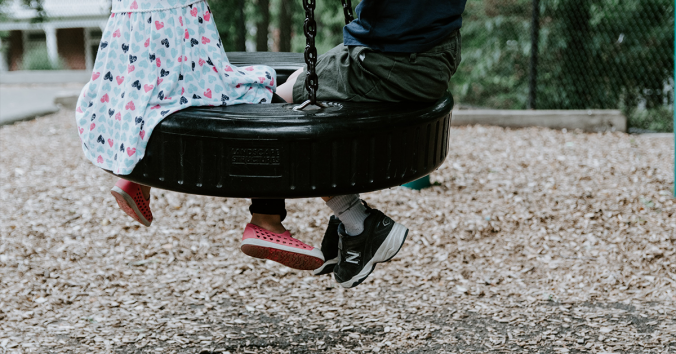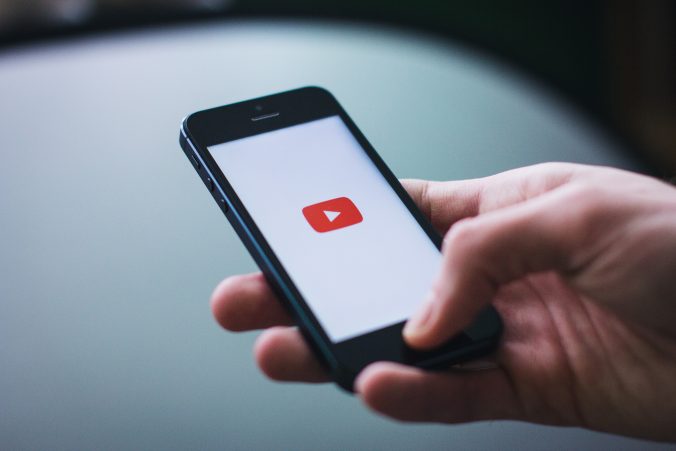Cancer is a common cause of death among children, but improved treatments have significantly increased survival, especially in high-income countries. A prerequisite for this development is research.
When we think of a hospital, we think mainly of the care given to patients there. But care and research are largely developed together in the hospitals. Treatments given in the hospitals are tested in research carried out in the hospitals. This overlap of care and research in the same setting creates ethical challenges. Not least because it can be difficult to see and maintain the differences when, as I said, the activities overlap.
Kajsa Norbäck, PhD student at CRB, investigates in an interview study Swedish healthcare professionals’ perceptions and experiences of ethical challenges when children with cancer are recruited for research in the hospitals where they are patients. Research is needed for future childhood cancer care, but what are the challenges when approaching children with cancer and their parents with the question of research participation?
The interview material is rich and difficult to summarize in a blog post, but I want to highlight a few findings that particularly impressed me. I recommend those interested to take the time to read the entire article in peace and quiet. Interview studies provide a living direct contact with reality from the perspective of the interviewees. Kajsa Norbäck writes that interview studies give us informative examples of ethical challenges. Such examples are needed to give the ethical reflection concreteness and grounding in reality.
The interviewed healthcare professionals particularly emphasized the importance of establishing a trusting relationship with the family. Only when you have such a relationship does it make sense to discuss possible research participation. Personally, I cannot help but interpret it as meaning that the care relationship with patient and family must be established first. It is within the framework of the care relationship that possible research participation can be discussed in a trusting manner. But trust can also be a dilemma, the interviews show. The interviewees stated that many families had so much trust in healthcare and research that it could feel too easy and predictable to get consent for research participation. They also had the impression that parents could sometimes give consent to research out of fear of not having done everything they could to save the child, as if research was a last chance to get effective care.
The challenge of managing the overlap of care and research also extends to the professional role of the physician. Physicians have a care responsibility, but since the care they can offer rests on research, they also feel a research responsibility: they feel a responsibility to recruit research participants from among their patients. This dual responsibility can naturally create conflicts of interest, of which they give informative examples in the interviews.
In the middle of this force field of challenges we have the child, who may have difficulty making itself heard, perhaps because many of us have difficulty being a listener. Here is what one of the interviewees says: “We often talk about informing and I think that’s a strange word. I think the greatest competence is to listen.” There is a lot to listen to in Kajsa Norbäck’s interview study as well, more than I can reproduce in a blog post. Read her article here: Ethical concerns when recruiting children with cancer for research: Swedish healthcare professionals’ perceptions and experiences.

Written by…
Pär Segerdahl, Associate Professor at the Centre for Research Ethics & Bioethics and editor of the Ethics Blog.
Norbäck, K., Höglund, A.T., Godskesen, T. and Frygner-Holm, S. Ethical concerns when recruiting children with cancer for research: Swedish healthcare professionals’ perceptions and experiences. BMC Medical Ethics 24, 23 (2023). https://doi.org/10.1186/s12910-023-00901-4
Ethics needs empirical input




Recent Comments